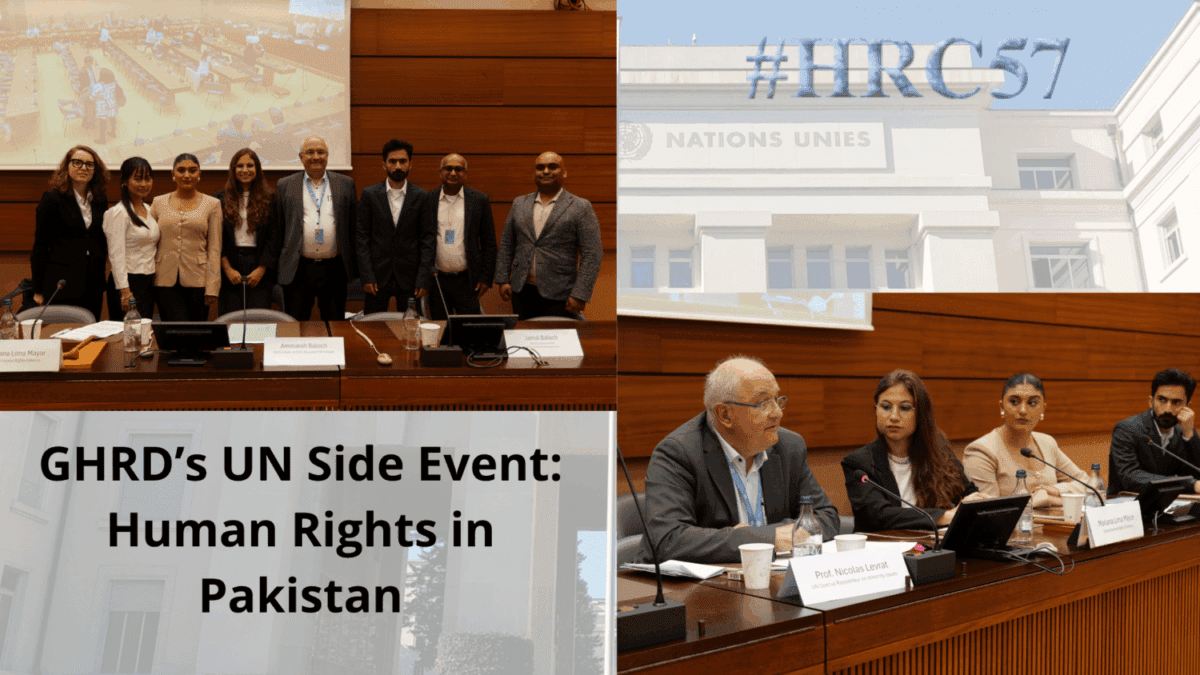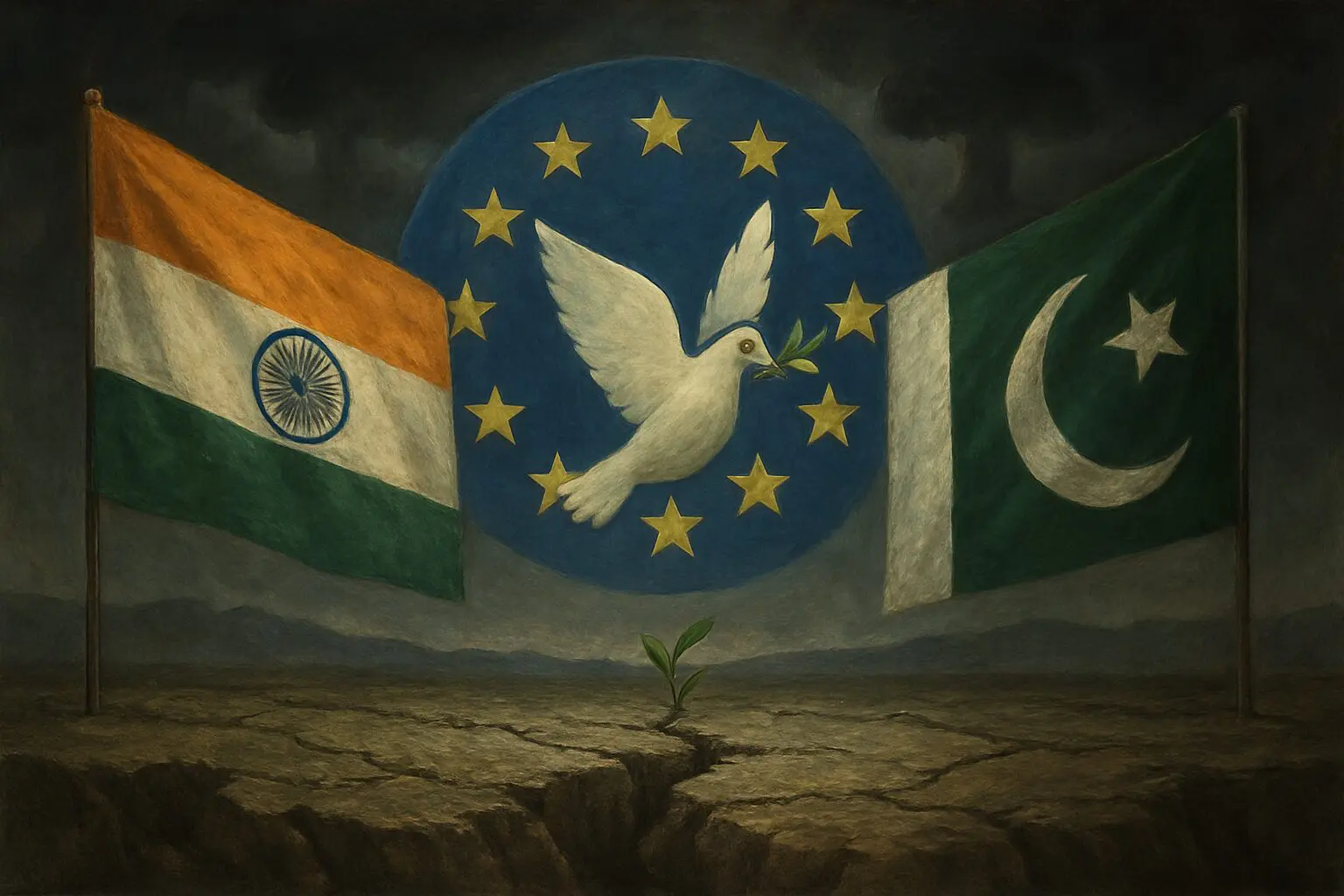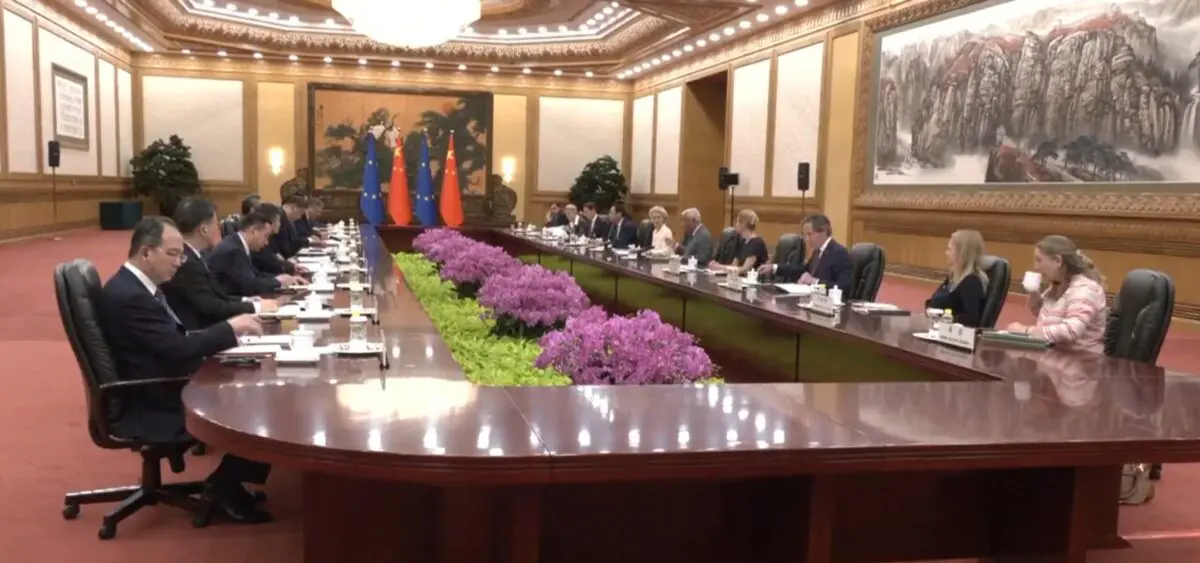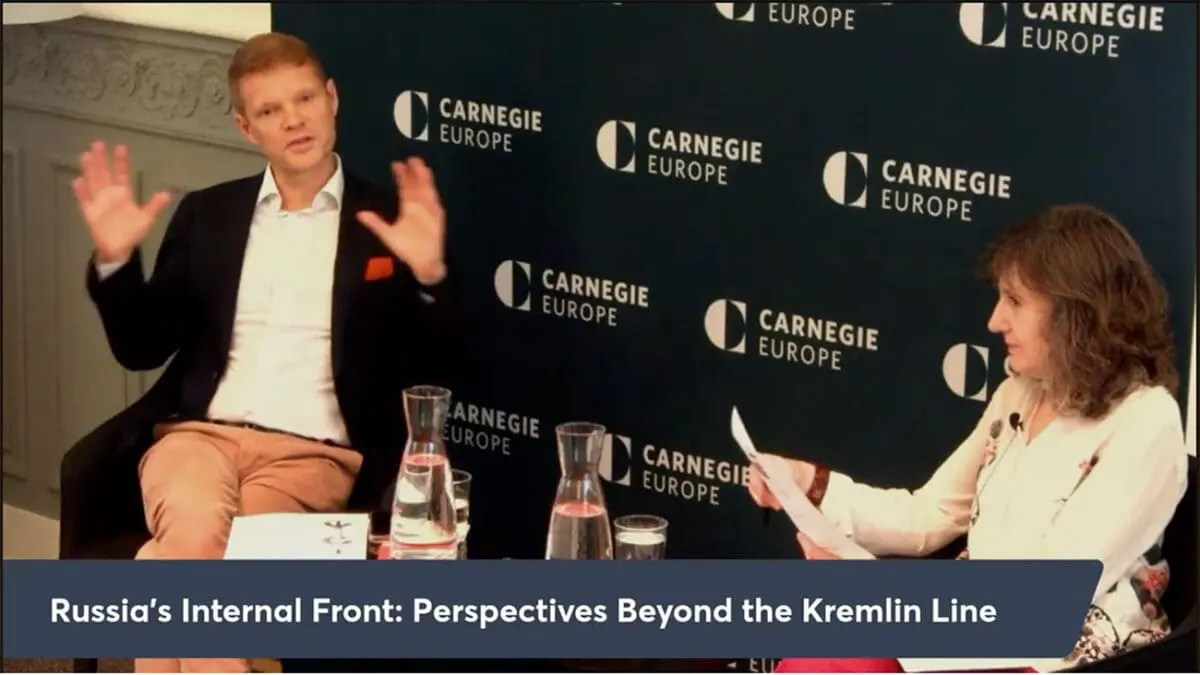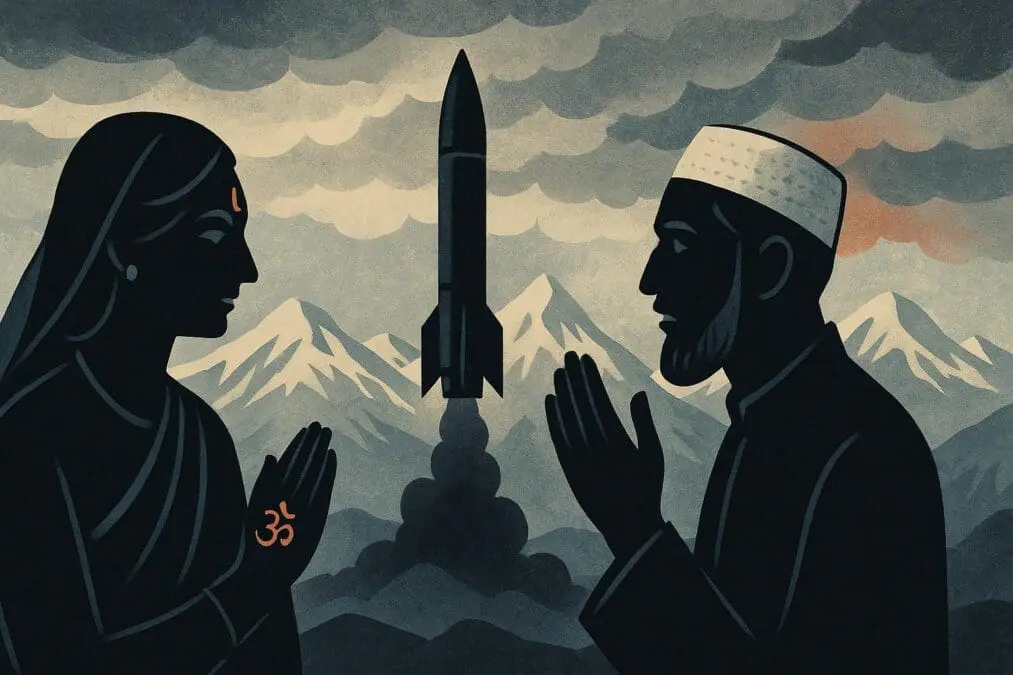On October 2, 2024, GHRD hosted a side event at the 57th session of the Human Rights Council in Geneva, Switzerland. The event was chaired by GHRD’s Mariana Mayor Lima and featured three key speakers: Professor Nicolas Levrat, the UN Special Rapporteur on Minority Issues, Ammarah Balouch, Sindhi lawyer, activist and UN Women UK delegate, and Jamal Baloch, a political activist from Balochistan and previous victim of an enforced disappearance orchestrated by the Pakistani State.
Professor Levrat highlighted that, while human rights are formally universal, they are not de facto enjoyed equally in all countries, which is also the case in Pakistan. He emphasized that it is first and foremost the responsibility of States who are signatories to human rights treaties to implement their obligations and thereby guarantee human rights. Each treaty has its own treaty body which reports to the Human Rights Council. Additionally, there is the Universal Periodic Review, which allows the Human Rights Council to go beyond human rights as specifically stipulated in the treaties, and the special procedures, most prominently the UN Special Rapporteurs and other independent experts who can conduct country-specific or thematic investigations. Professor Levrat’s mandate derives from Article 27 of the International Covenant on Civil and Political Rights which lays down States’ obligation to respect and protect minorities in their country. In his function, he has recently met the permanent mission of Pakistan in Geneva and requested access for a country visit. Beyond this, Professor Levrat highlighted that NGOs play a pivotal role in protecting human rights through awareness raising, alerting and documenting, but also through the exchange of best practices.
Ammarah Balouch presented the alarming reality of forced conversions and marriages of Sindhi girls in Pakistan. In the year 2018 alone, there have been at least 1,000 cases of abducted Sindhi girls who were forced to convert to Islam and subsequently married. Generally, an estimated 40% of Pakistani girls are married below the age of 18. On top of being members of religious minorities, the victims often come from economically marginalized backgrounds. The cases show gender, class and socio-economic status are deeply entangled with religion when it comes to violations of human rights of Sindhis. Furthermore, girls and their families face serious obstacles in accessing justice due to biases in the police and judiciary. To end the practice of forced conversion and marriage, Ammarah Balouch emphasized that the Sindh Criminal Law Protection of Minorities Bill needs finally to be passed into law and wide-spread education is needed to reform cultural and societal attitudes.
The last presentation was given by Jamal Baloch who delivered a strong testimony on the practice of enforced disappearances in Balochistan. Enforced disappearances are prominently used to silence political dissent and those speaking out in favor of human rights. Like his father before him, at the age of 17 Jamal Baloch was arbitrarily arrest, detained and tortured for his work as a human rights defender, which has left him with a significant trauma. He described enforced disappearances as an inhuman practice, mostly targeting young activists and students of the Baloch community who speak up for their people’s right to self-determination in order to make them withdraw their beliefs. Apart from the dehumanization in detention, the families of disappeared persons are often humiliated. Just yesterday, a group of five students as young as 13 was forcibly disappeared. According to Jamal Baloch, the situation is especially dire because the voices of victims cannot be heard due to the recent media blackout.
The panel concluded that there is an urgent need for cooperation between different minorities in Pakistan who find their human rights violated. In addition to urging States parties to human rights treaties to uphold their obligations, it is of vital importance for human rights defenders and NGOs to promote the universality of human rights. Lastly, accountability for perpetrators needs to be ensured by the international community, to the extent of which an independent UN fact-finding mission should be established and the request of the Special Rapporteur answered in the positive.

